Absolutely, yes—more campaigns should lean into this kind of messaging. Performance and results are important, of course, but the emotional and psychological side of sports is just as crucial—especially for young athletes. What adidas and Salah did at Sefton Park Rangers? That’s the kind of energy the sports world needs more of.
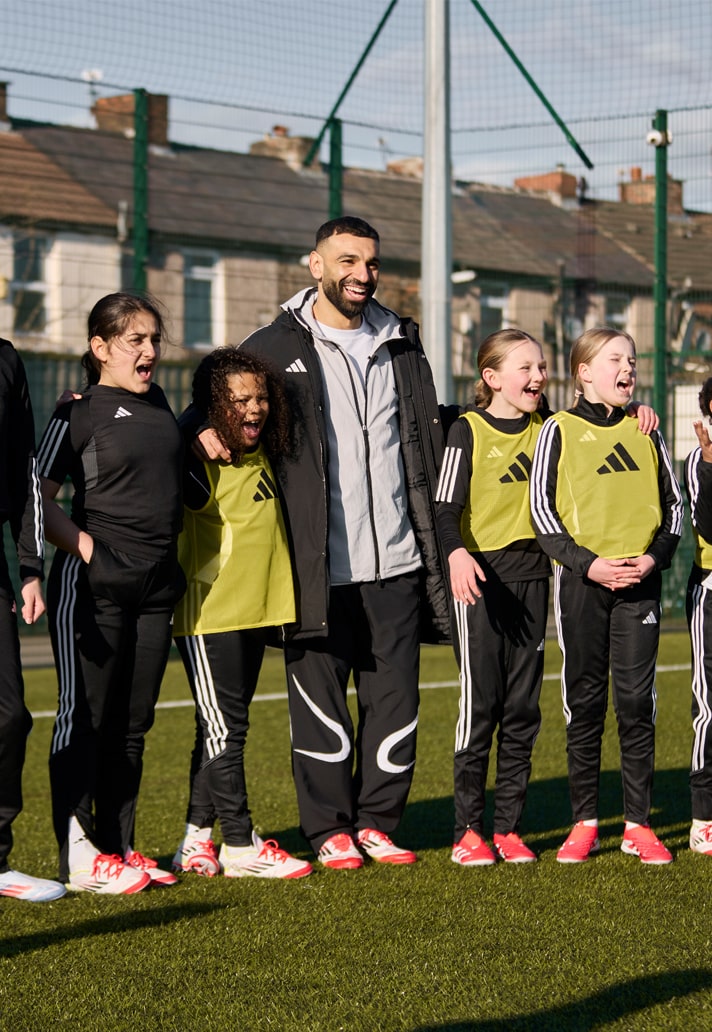
Sideline pressure is real. When 80% of young athletes feel negative pressure, it tells you we’re doing something wrong in how we talk to and support them. Having someone like Salah—who’s known for being humble and grounded despite his superstar status—step in and model encouragement rather than critique? That’s powerful. It reframes what leadership and mentorship in sports should look like.
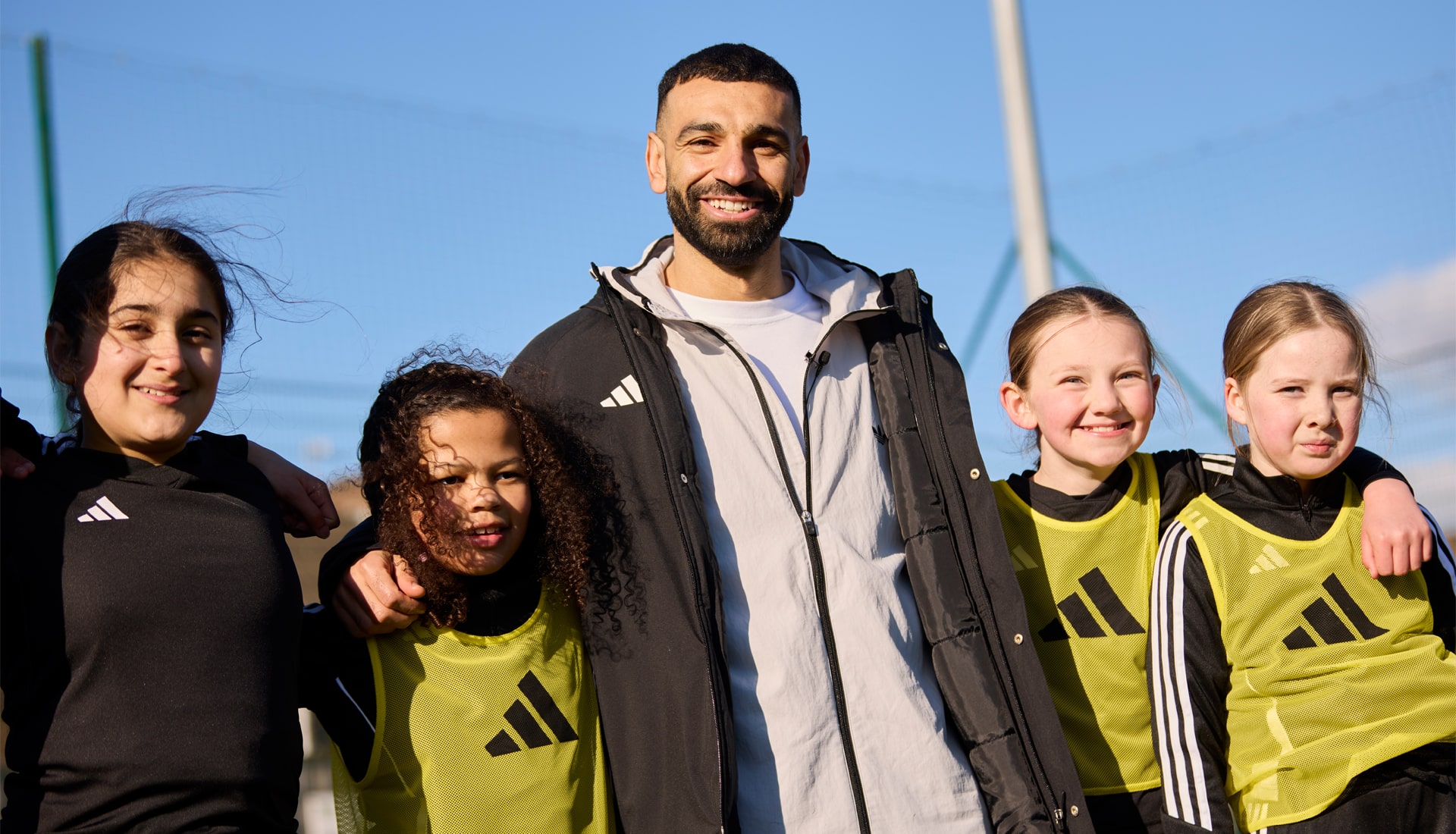
Coach Molly’s words were a standout too. She put it so perfectly: positive support isn’t just nice—it’s transformative. These campaigns don’t just shape athletes, they shape people.
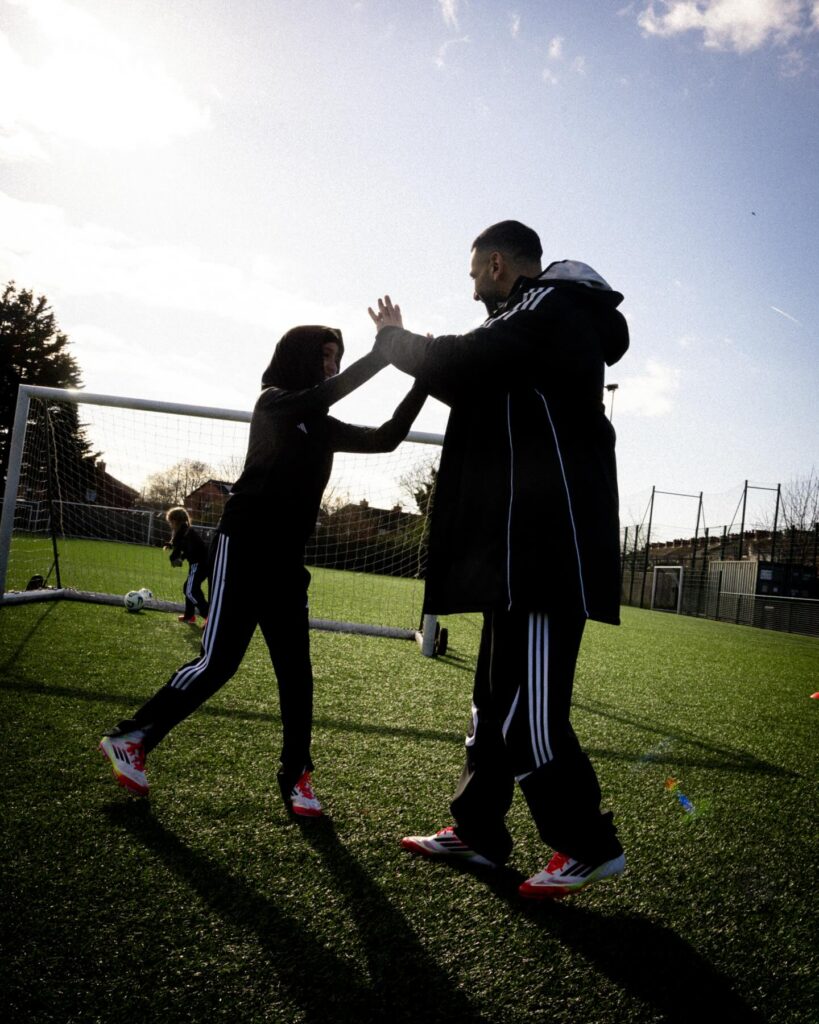
And honestly, this campaign did what the best marketing should do: it made people feel something. It sparked a conversation. It brought a human touch to a corporate message. That’s what sticks with people—not just flashy skills, but the moments where hearts are changed.
If more sports brands followed that example, the impact could be massive—both on and off the pitch.

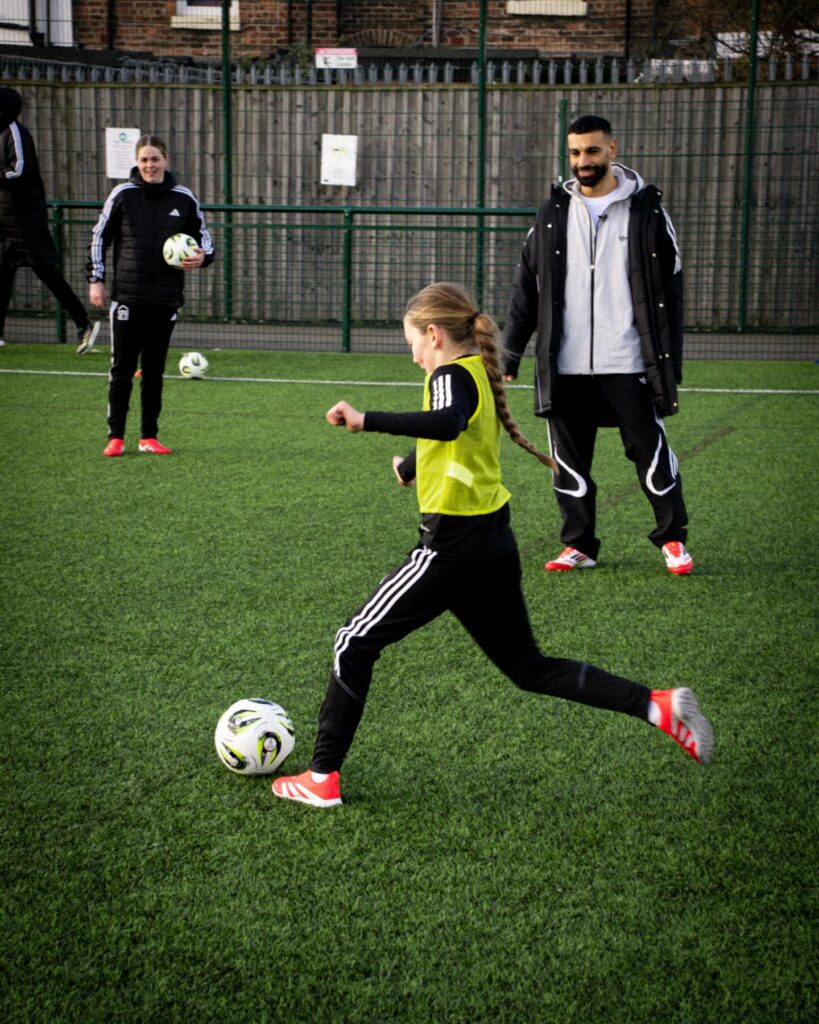
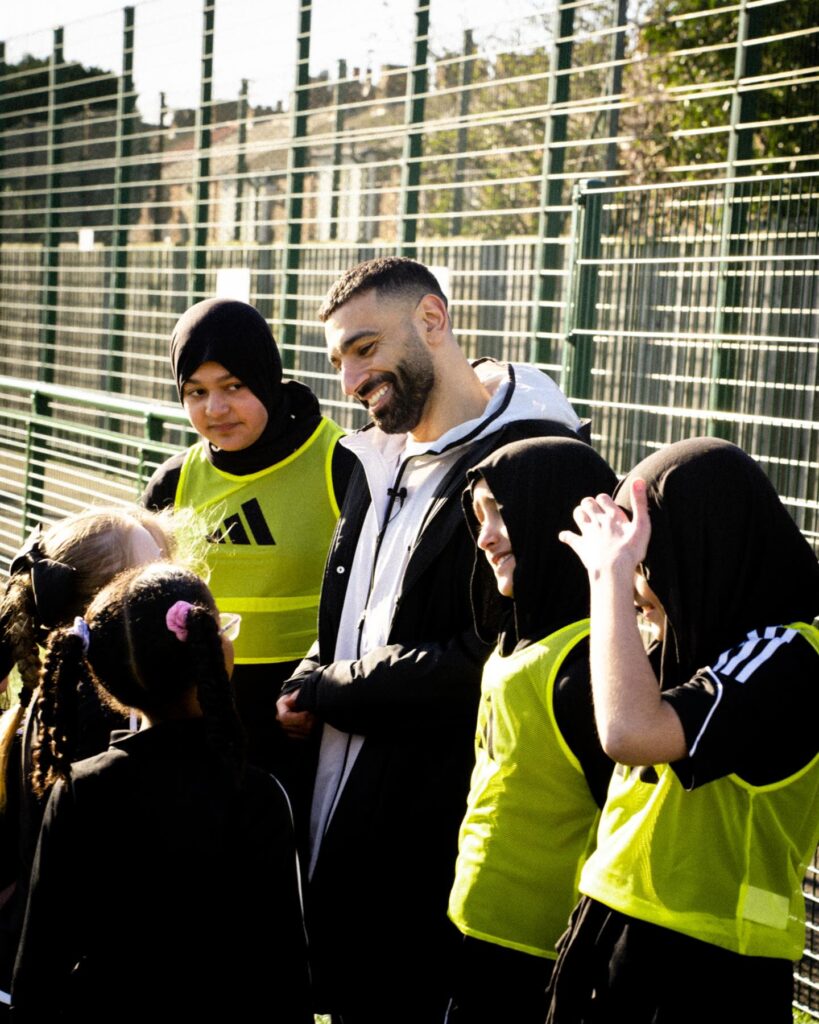
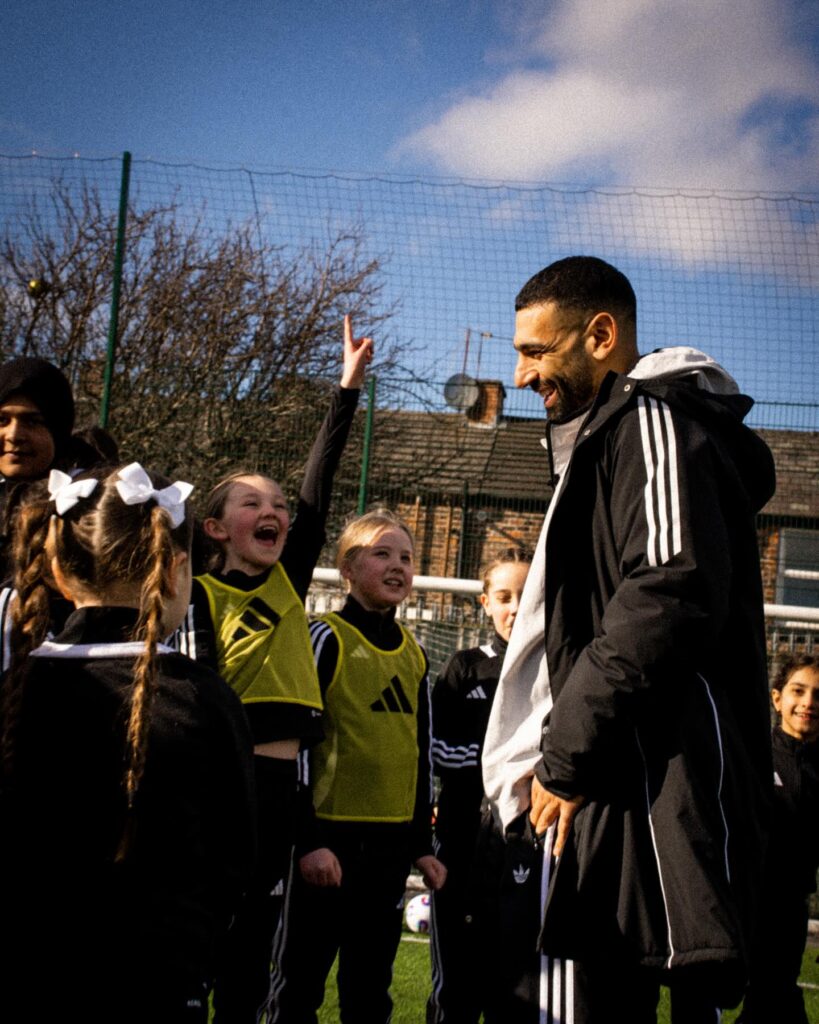
Do you think this kind of message would’ve made a difference when you were a kid playing sports?